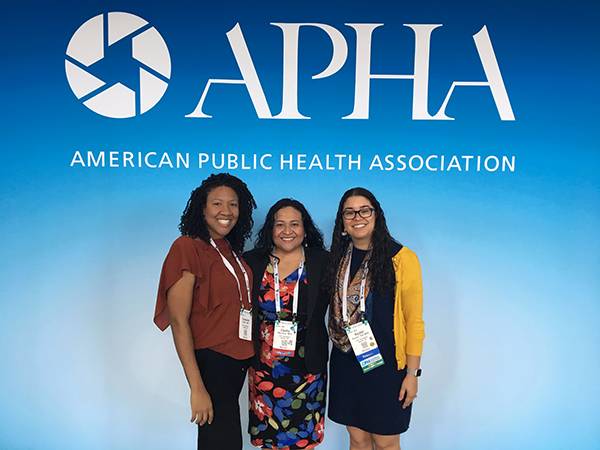You are here
New Zika Contraception Access Network Toolkit Offers Resources from Groundbreaking Program for Women
During the Zika virus outbreak in 2016, Puerto Rico had the highest number of Zika infections in the United States, a high rate of unintended pregnancy and limited access to contraception. To help reduce Zika-related birth defects at that time, the CDC Foundation launched the Zika Contraception Access Network (Z-CAN) in the territory. While Z-CAN officially ended in the fall of 2017, the program continues to have an impact, and today we are pleased to announce the launch of a new Z-CAN toolkit.
Our team at the CDC Foundation, with technical assistance from the Centers for Disease Control and Prevention (CDC), recognized the importance of contraception access, including long-acting reversible contraception (LARC), during the Zika outbreak. Z-CAN used contraception as a medical countermeasure to reduce the number of poor pregnancy and birth outcomes associated with Zika infection while pregnant. By providing contraceptive services, the program prevented unintended pregnancies among women who chose to delay or avoid pregnancy during the Zika outbreak. The Z-CAN program provided contraceptive services to an estimated 29,000 women during Puerto Rico’s Zika response, which helped prevent devastating and costly Zika-related birth defects.
Z-CAN was a groundbreaking program and is now offering many valuable lessons for other organizations interested in starting similar programs. To help inform this work, the toolkit released today provides information, resources and tools used in the development, implementation and evaluation of the Z-CAN program. The toolkit also includes “how to” information for others who are interested in developing similar programs to Z-CAN in emergency and non-emergency settings.
This week, I am in San Diego with other colleagues from the CDC Foundation and CDC to discuss the impact of the Z-CAN program at the American Public Health Association (APHA) Annual Meeting. As part of our presentation, I am excited to share this toolkit with other public health colleagues, who I hope will benefit from this work.
Our team at the CDC Foundation greatly appreciates the support of the many donors and partners who came together to make Z-CAN a reality. We also appreciate the support of CDC and others in the development of the comprehensive Z-CAN toolkit, including lead support from Bayer for dissemination activities. It is our hope this toolkit provides insightful resources for anyone interested in learning about, replicating or adapting key components of this novel program.
Photo above: © Evelyn Hockstein / CDC Foundation

